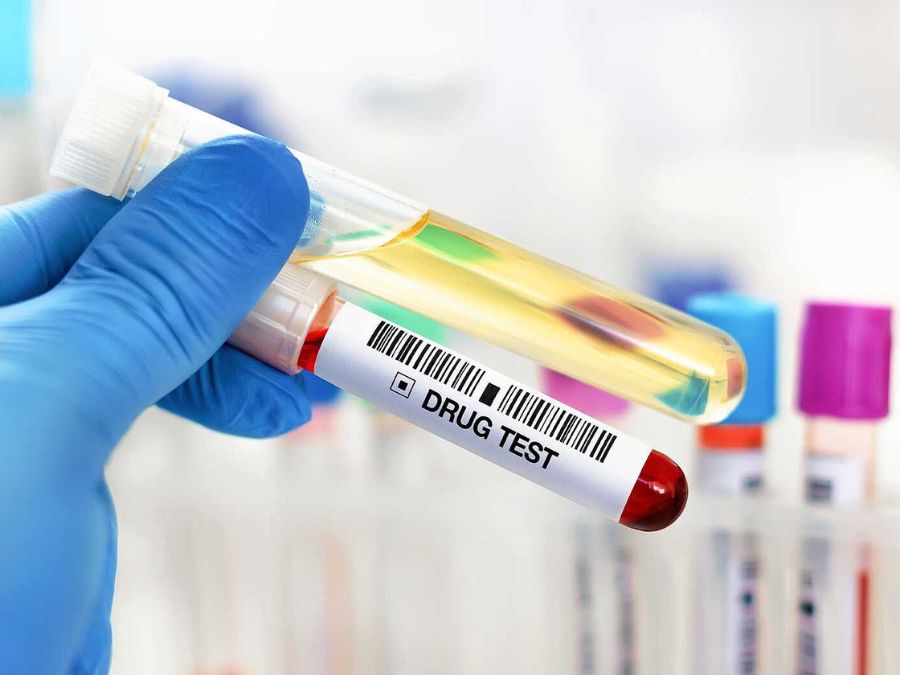Drastic budget reductions at Kenya’s Anti-Doping Agency (ADAK) have triggered a crisis that could threaten the nation’s compliance with international anti-doping standards. ADAK, which had its funding slashed from Ksh288 million to Ksh20 million for the 2024/25 fiscal year, now faces critical operational challenges, leaving Kenya’s international athletics reputation in jeopardy.

ADAK CEO Sarah Shibutse emphasized the urgency, warning that without sufficient funding, Kenya risks being deemed non-compliant by the World Anti-Doping Agency (WADA). This could lead to a ban on Kenyan athletes from international competitions, jeopardizing the nation’s status in athletics.
These financial cuts have hindered ADAK’s ability to function. Basic operations, including internet access and rent payments, have been compromised, highlighting the agency’s dire state. Former ADAK chairman Amb.
Daniel Makdwallo expressed concern, stating that ADAK’s inability to conduct regular anti-doping tests could lead to a halt in athlete compliance monitoring, prosecution of doping violations, and education initiatives, putting Kenyan sports at risk.

Kenya has made substantial strides in recent years to address doping issues, supported by President William Ruto’s pledge in 2022 to allocate Sh650 million annually for anti-doping. However, the current budget reductions threaten these gains, risking a rise in unchecked doping violations. ADAK, established in 2016 to uphold clean sports in Kenya, has been effective, notably leading to suspensions and legal action against athletes involved in doping.
Without an urgent budget increase, ADAK’s role in maintaining the integrity of Kenyan athletics may be severely diminished, threatening the country’s hard-won global reputation.

























